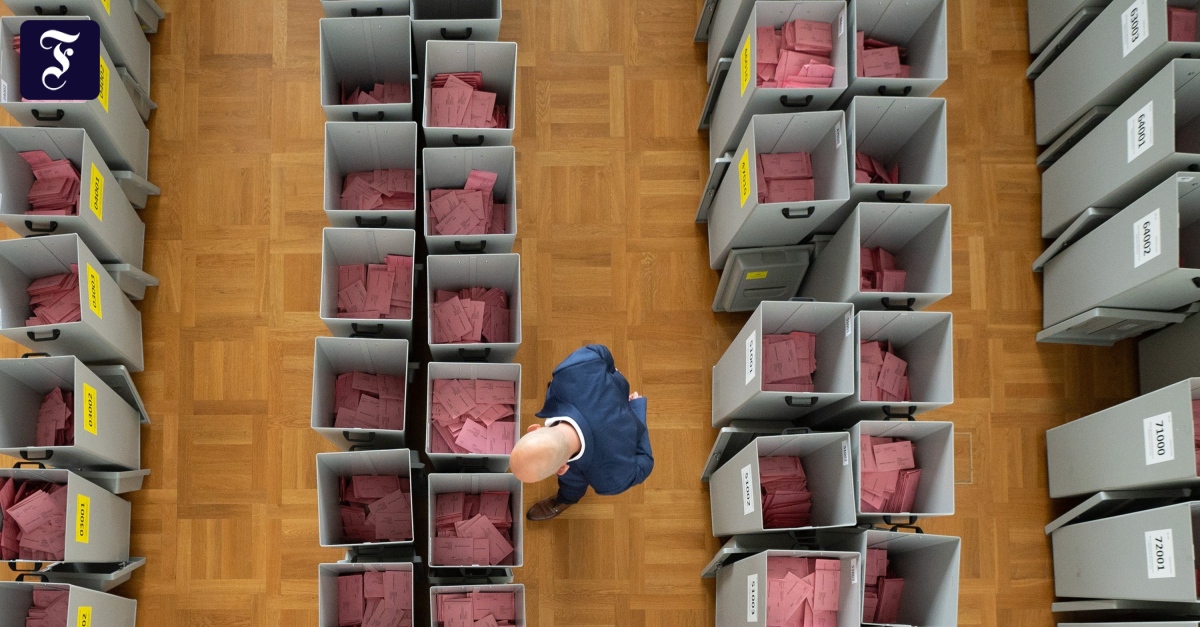Different age limits when voting create confusion and insecurity among young people - and they promote social inequality in political participation.
This is shown by a study by Freie Universität (FU) Berlin and the Otto Brenner Foundation, which is based on an online survey among young people in relation to the elections in Berlin on September 26, 2021.
On that day, a total of four different elections took place in the capital's polling stations - with different age restrictions.
Voters from the age of 16 could cast their vote in the election of the district councils, but not for federal elections, state elections and a referendum - voters had to be at least 18 years old.
Carlota Brandis
volunteer
Follow I follow
According to the survey, around twenty percent of the minors still considered themselves eligible to vote for all four votes.
On the other hand, ten percent of those questioned knew nothing of their actual right to vote in the district assembly.
A total of around 5,000 young people aged between 15 and 20 were interviewed.
According to the study, minors in particular who feel they belong to a lower social class were unsure where to put their cross.
35 percent of them thought they could take part in the federal elections.
"Young people who identify themselves as belonging to the lower class have the highest misperceptions, so in the worst case they stayed away from the elections out of ignorance," says Jupp Legrand, Managing Director of the Otto Brenner Foundation.
Voter turnout is higher in the upper class than in the lower class.
According to the study, the gaps between social classes are even greater among 16 and 17-year-old voters in Berlin.
According to the authors, a possible solution to the problem is to lower the voting age to 16 at federal level as well.
The resulting greater attention mobilizes more young people and the election generally meets with more interest.
The results of the study are therefore aimed in the direction of the Bundestag.
The "federal patchwork quilt" for age limits in voting rights confuses young people, it says.
An agreement at the federal level is better.
In an earlier study, the "Jugendwahlstudie 2019", the political scientists Thorsten Faas and Arndt Leininger from the Free University of Berlin had already established that 15 to 20-year-old young people were equally capable of political participation.
According to the survey, in this age range there is not a great difference between the individual cohorts in terms of the specialist knowledge required to make a voting decision.

